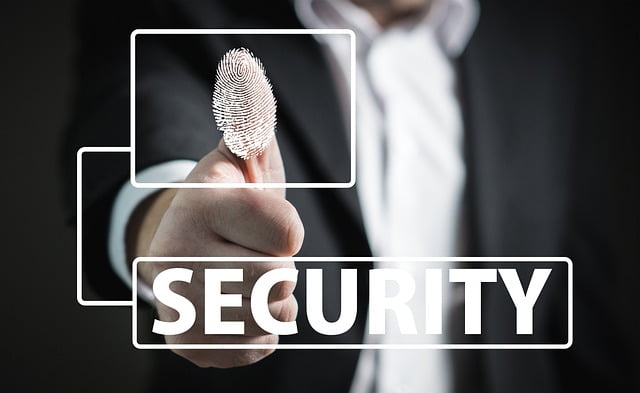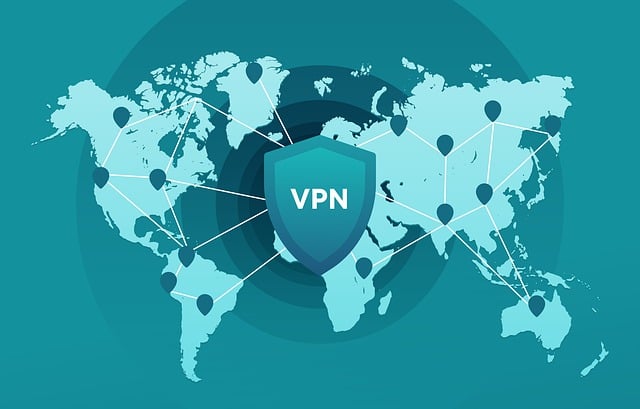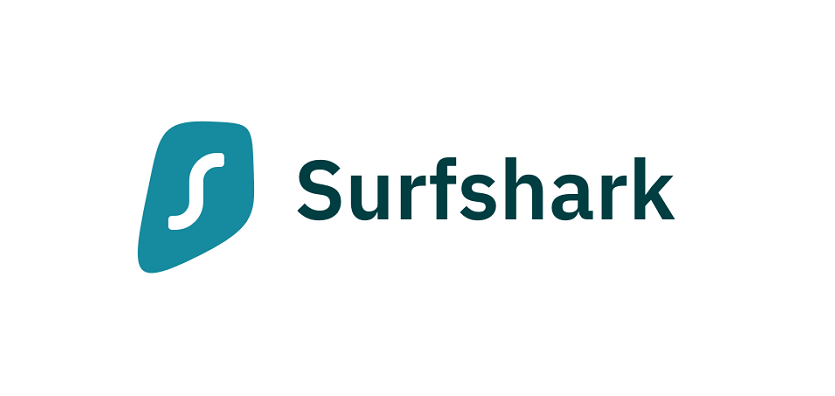Can VPNs Be Hacked? Understanding the Risks and How to Protect Yourself

Virtual Private Networks (VPNs) are widely regarded as essential tools for online privacy and security. However, a common question that arises is: can VPNs be hacked? This article delves into the vulnerabilities of VPNs, the potential risks, and how users can protect themselves.
How VPNs Work
Before exploring the potential for VPN hacking, it’s important to understand how VPNs operate:
- Encryption: VPNs encrypt your internet traffic, making it difficult for anyone to intercept and read your data.
- Server Connection: Your traffic is routed through a VPN server, which masks your IP address and location.
- IP Address Masking: The VPN server assigns you a new IP address, adding a layer of anonymity.
Potential Vulnerabilities of VPNs
While VPNs offer significant security benefits, they are not impervious to attacks. Here are some potential vulnerabilities:
1. Weak Encryption Protocols
Not all VPNs use strong encryption protocols. Some free or outdated VPN services may employ weak encryption standards, making them susceptible to hacking attempts. Ensure your VPN uses robust protocols like OpenVPN or IKEv2/IPsec, which offer strong security.
2. Server Security
VPN servers themselves can be targeted by hackers. If a VPN provider does not secure its servers properly, they can become vulnerable to attacks. This can result in the exposure of user data and IP addresses.
3. DNS Leaks
A DNS leak occurs when DNS queries bypass the VPN tunnel and are sent through your regular internet service provider. This can reveal your browsing activity and true IP address, undermining the privacy offered by the VPN.
4. Malware and Phishing Attacks
Hackers can target VPN users through malware and phishing attacks. If your device is infected with malware, it can compromise your VPN connection and steal sensitive information.
5. Log Policy
Some VPN providers log user data, which can be a security risk if these logs are accessed by hackers. It’s crucial to choose a VPN with a strict no-logs policy to ensure your data remains private.
6. Man-in-the-Middle Attacks
In a man-in-the-middle (MitM) attack, a hacker intercepts the communication between your device and the VPN server. This type of attack can compromise your data, even if it’s encrypted.
Notable VPN Security Breaches
While rare, there have been instances where VPNs have been compromised:
- NordVPN: In 2019, NordVPN reported a server breach where an unauthorized party accessed one of its servers. Although no user data was reportedly compromised, it highlighted the importance of server security.
- VPNFilter: A sophisticated malware known as VPNFilter targeted routers and VPNs, allowing hackers to intercept and manipulate traffic. This attack demonstrated the potential for VPN vulnerabilities.
How to Protect Yourself
To mitigate the risks associated with VPNs, consider the following best practices:
1. Choose a Reputable VPN Provider
Select a VPN provider with a strong track record of security and privacy. Look for providers that use strong encryption protocols, have a no-logs policy, and secure their servers properly.
2. Regularly Update Your VPN Software
Ensure that you are using the latest version of your VPN software. Updates often include security patches that address vulnerabilities and enhance overall security.
3. Use Strong Authentication Methods
Enable two-factor authentication (2FA) for your VPN account if available. This adds an extra layer of security, making it harder for hackers to gain unauthorized access.
4. Avoid Free VPNs
Free VPN services often cut corners on security and may log user data to monetize their service. Investing in a reputable, paid VPN can provide better security and privacy.
5. Check for DNS and IP Leaks
Regularly check for DNS and IP leaks using online tools. This can help you ensure that your VPN is effectively masking your IP address and encrypting your traffic.
6. Secure Your Devices
Ensure that your devices are protected with up-to-date antivirus software and firewalls. Avoid downloading software from untrusted sources and be cautious of phishing attempts.
7. Use Additional Privacy Tools
Consider using additional privacy tools, such as ad blockers and privacy-focused browsers, to enhance your online security and privacy.
Conclusion
While VPNs provide significant benefits in terms of privacy and security, they are not immune to hacking. Understanding the potential vulnerabilities and taking proactive measures can help you mitigate the risks and ensure a secure online experience.
By choosing a reputable VPN provider, keeping your software updated, and employing strong authentication methods, you can enhance your protection against potential threats. VPNs remain a valuable tool in the fight for online privacy, but like any security measure, they must be used wisely and with caution.
Loading newsletter form...






